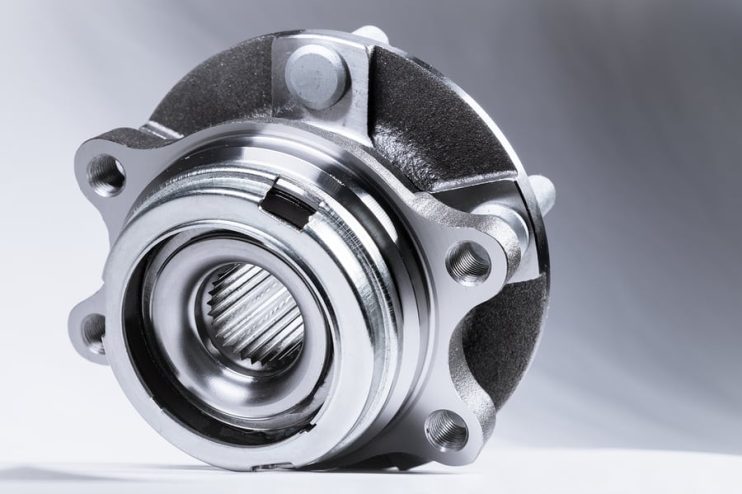
Wheel bearings on older cars used to make a load of noise when they started having problems. These searing sonics would alert you to problems with the part and you could have them looked at before they became a major issue. Now, with all the soundproofing on the modern motor, it can be tough to distinguish bearing problems from tyre noise. However, if there’s a rumbling or grinding, accompanied by wobbling steering or uneven wear on your tyres – then wheel bearings could be to blame. In this article we go through some of the main danger signs.
Table of contents:
- What are Wheel Bearings?
- What are the Main Reasons Behind Wheel Bearing Noise?
- And the Signs?
- Diagnosing a Failing Wheel Bearing
- Replacing a Wheel Bearing
- And Finally
What are Wheel Bearings?
A wheel bearing is made up of steel balls sitting together in a strengthened steel ring. This fits inside a hub or hole in the centre of your wheels, allowing the wheel to fit comfortably onto the metal axle whilst reducing friction between the parts.
These bearings support the entire weight of the car when it’s out on the road, and they don’t receive any kind of additional lubrication, only the viscous petroleum jelly applied at the factory, which means that over time the pressures of use will cause fatigue and breakages to the part.
What are the Main Reasons Behind Wheel Bearing Noise?
Some of the most common causes of noisy wheel bearings include the following:
Incorrect installation – have you had the bearings changed recently? A new part should be slick and smooth and relatively noiseless. If you’re hearing something after a replacement then the chances are you could be the recipient of a bodge job.
Flooding – if you’ve driven through deep water then it’s possible that the water could get into the bearings and mix with the lubricant. Friction becomes an issue as the lubricant’s effectiveness is diminished and the bearings start to rapidly wear.
Excessive rough driving – as wheel bearings carry the entire weight of the vehicle, shocks from big holes and crevices in dirt roads can be lethal to this part. Every impact forces the balls against one another and the ring, which can cause marks and wear that builds up over time.
Unbalanced wheels and poor shock absorber performance – as with rough driving, poor shocks and bad wheel balance put more pressure on the bearings, causing premature wear.
Accident or impact – it’s not only impacts with the road that can wear out your bearings. If you happen to hit another car or a stationary object the intense vibrations can cause damage to this part.
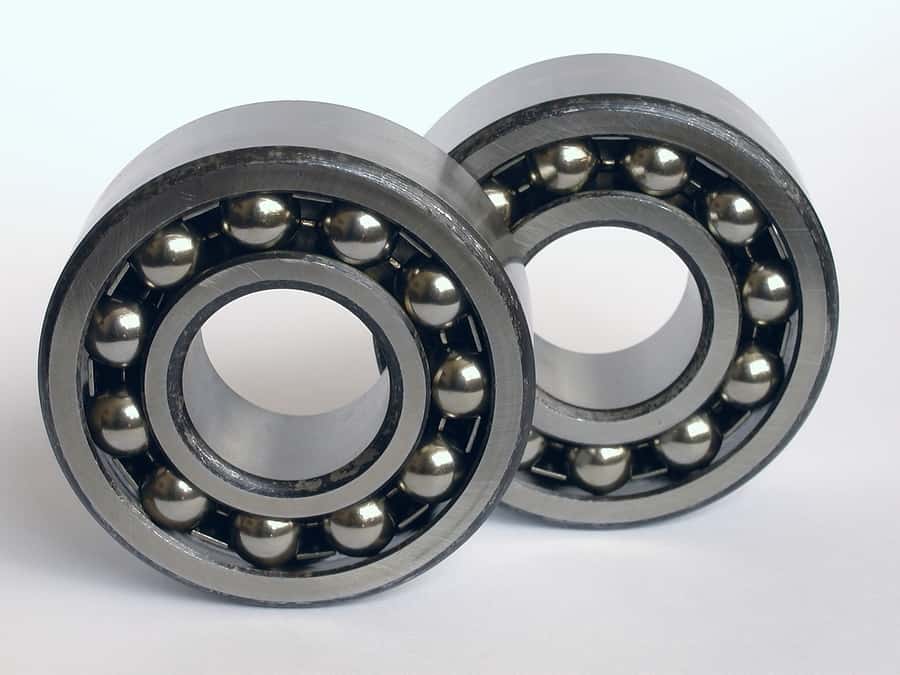
And the Signs?
Be aware of these symptoms, which could indicate wheel bearing failure:
Humming noise – often this sound will be coming from the tyres, but it could also be the CV joint or the wheel bearings.
Squealing and growling sounds – one of the classic symptoms of wheel bearing failure is a constant periodic chirping sound that gets worse as you speed up. It may also increase or stop when turning. Is your steering wheel vibrating too? This is a sure sign the bearings have gone.
When is it the rear differential? – If you’re hearing a howling during acceleration or deceleration, this is likely to be problems with the gears or differential pinion bearing preload. However, if it’s accompanied by a rumbling when you turn then this could mean that the bearings are failing to support the gears correctly.
Grating or grinding sound – that changes with your on-road speed, but doesn’t miss a beat when you apply quick pressure to the throttle or depress the clutch.
Loose feeling behind the wheel – if you’re regularly getting behind the wheel of your vehicle, the chances are you’ll notice small changes in responsiveness and drive quality. Think you’re not as stable on the road? This looseness could be down to the erosion of the bearings, causing them to sit less snugly in the wheel assembly.
Pulling – although there are many other factors that are connected with pulling, with wheel alignment being a big one. If you notice this in conjunction with some of the other symptoms on here then it could be down to the bearings slipping.
Tyre wear – when the tyres on one side of your car are more worn than the other, and the wheels seem to be properly aligned, then you should consider getting a mechanic to examine the bearings.
Diagnosing a Failing Wheel Bearing
It is possible for you to home in on the source of the wheel noise. Put your car up on jack stands for safety purposes and make sure it is secure. Ask a trusted friend to get in your car, put it in gear and take the wheel speed up to around 40mph. You should now be able to walk around the car listening to each wheel. Listen out for the winding, whining noise that indicates bearing failure.
To really confirm your suspicions, place a screwdriver on the hub (be careful not to touch any moving parts) and this will amplify the noise, helping you hear the bearings grind within the chase.
Replacing a Wheel Bearing
Wheel bearings are a tough part and won’t give out at the first sign of trouble. However, leave them too long and your car could lock up. Replacing the bearing is a lot of work and quite a tough job to complete.
- You’ll need a press to get the car up in order to access the wheel.
- All the parts that sit in front of the wheel bearing in the assembly will have to be removed before you can make the replacement.
- It is a very tight fit getting the bearing into and out of the hub. For this reason you may prefer to replace the whole hub and bearing as one unit. Whilst this will cost you more money, it will ultimately save you time.
And Finally
The main issue with wheel bearing failure is the noise that will emanate out from your wheels. This will make you uncomfortable behind the wheel and could drown out other important noise out on the road. Be careful and make sure you’re in full control when driving.

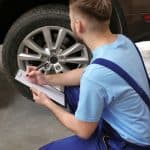
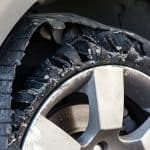
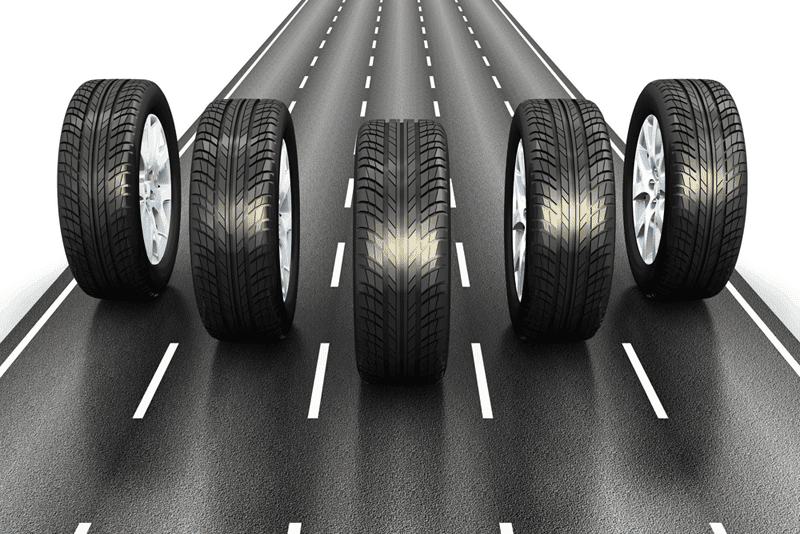
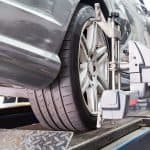
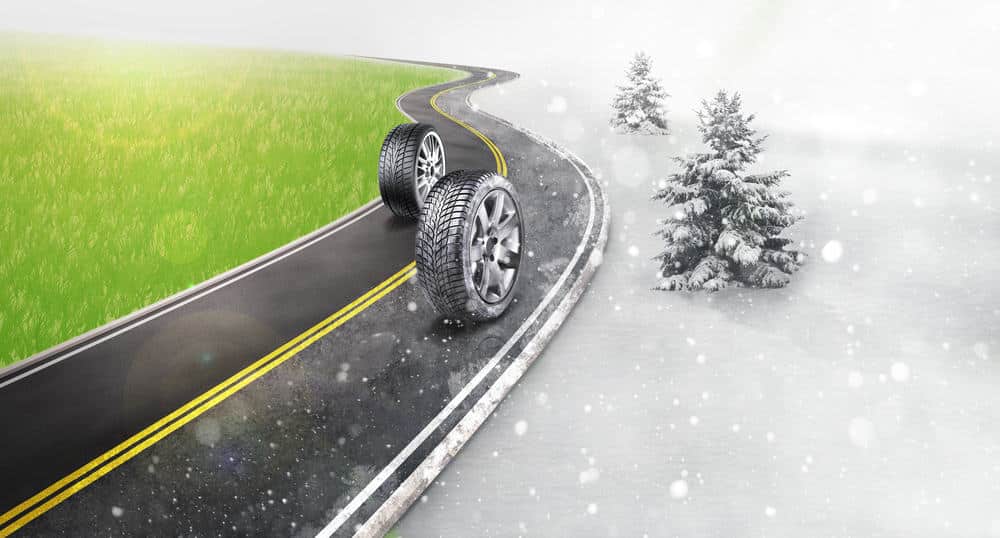
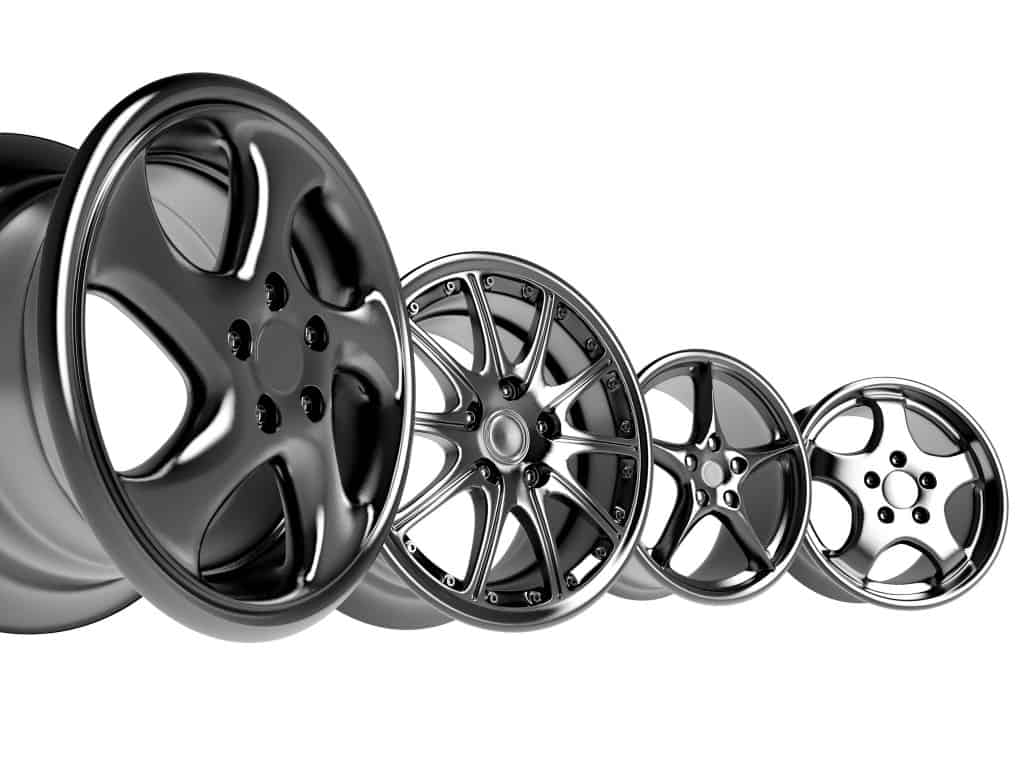
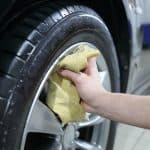
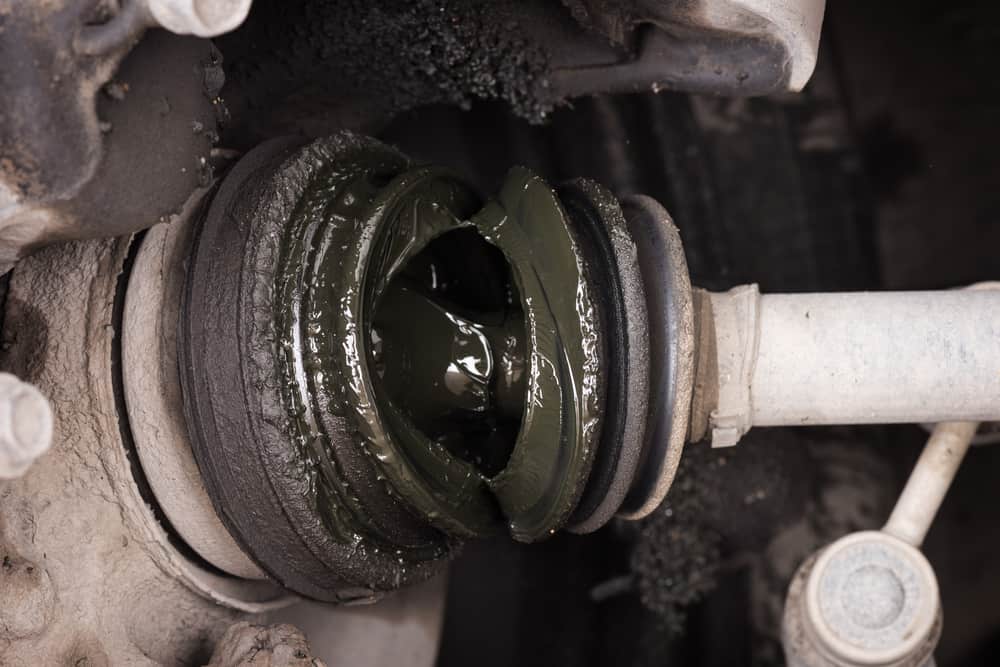
.png)